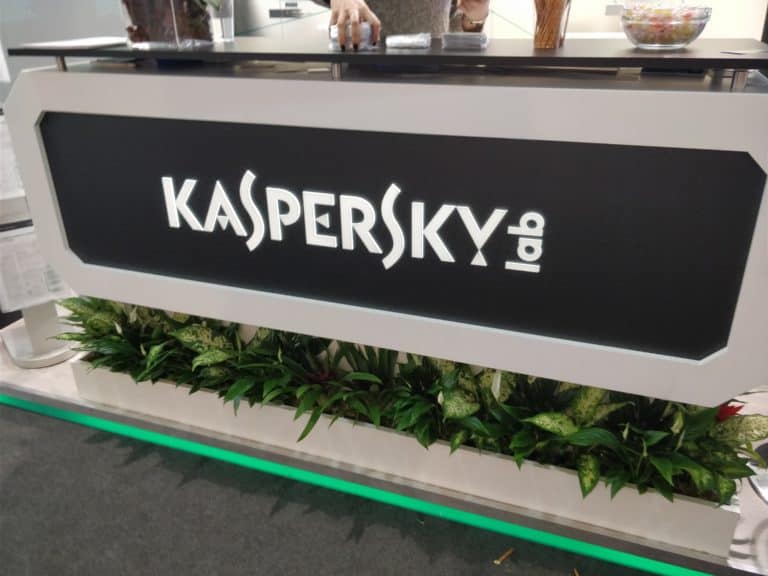Kaspersky Labs has opened its first Transparency Center. Data from European users is now entering data centres in Switzerland, where the servers process the data. In this way, the Russian company fights back against the critics who fear a conspiracy between the company and the Russian government.
Kaspersky announced last year that it was coming up with the Transparency Centers. This would allow independent parties to verify the source code of Kaspersky products. In addition, the centres process local data. Today, the facility has started to process the data of European users.
Multiple phases
That’s the first phase of Kaspersky’s plan to turn the tide. The company has chosen to process data because the protection of customer data, as well as the security and integrity of the infrastructure, is a top priority. The company expects to have completed the move of all data by the end of 2019.
By the end of 2019, the facility in Zurich, Switzerland, will store and process all user information in Europe, North America, Singapore, Australia, Japan and South Korea. This should be followed by other countries. At the same time, the company will remain active in Russia. Products for the local market will still be developed in Russia.
Transparency Center
In the Transparency Center, Kaspersky’s authorised partners will soon be able to study the source code of the company’s products. In so doing, it responds to accusations that it was deliberately building back doors for the Russian intelligence services. This allows all connoisseurs to check whether this is the case or not.
At the same time, it is also a secure location from which governments and partners can ask questions and view documentation on software updates and new threat detection rules. Kaspersky is also considering taking steps against the Dutch government, which decided to discontinue its products because of the Russian suspicions.
This news article was automatically translated from Dutch to give Techzine.eu a head start. All news articles after September 1, 2019 are written in native English and NOT translated. All our background stories are written in native English as well. For more information read our launch article.